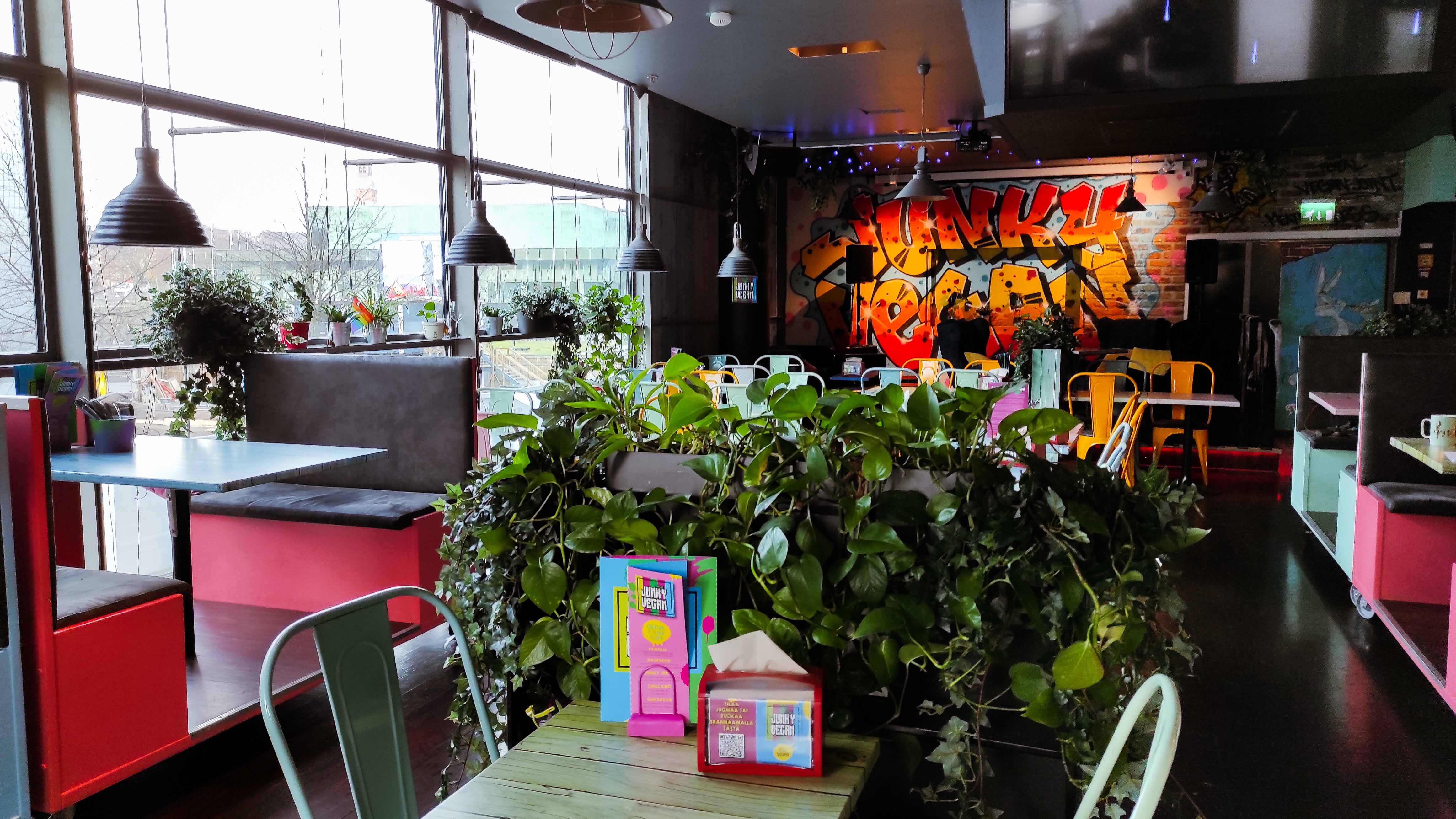5 Tips to Boost Well-being in the Restaurant Industry
More and more of us are burning out in the workplace. What has really happened? Has our resilience disappeared, and has determination turned into mush? The labor shortage is growing, not to mention the prevalence of burnout, and people are changing jobs at a rapid pace. Social media channels are filled with comments suggesting that various diagnoses are just excuses for laziness.
Instead of shrugging our shoulders, believing burnout to be just a passing trend, it's worth taking a closer look. Is it possible that the demands of today's society have become so unrealistic that more and more of us are falling behind? Probably. The upheavals in the global economy drive companies to seek a competitive edge, specifically through flexibility and speed. Changes require adaptation. The demands of work no longer align seamlessly with the traditional ways of doing things.
The Madness Highway of the Working Life
The police announced the temporary closure of Hotel Torni due to a substance spread by a customer. The restaurant staff experienced health-related symptoms from the substance. Just a few weeks earlier, Yle reported problems caused by the heat; the kitchen temperature in the restaurant could rise to 50 degrees Celsius on the hottest summer days. Reflecting on recent news, the lyrics of Haloo Helsinki! undoubtedly resonate: "Joku voimas vei vaik sä huusit ei. Tää on hulluuden highway." (Someone took your strength even though you screamed no. This is a highway of Madness)
Even though the song was written five years ago, the recent years have proven that the situation is not getting any better. Even before the COVID-19 pandemic, there was a noticeable labor shortage in the restaurant industry. Layoffs, uncertainty about the future, decreased wages, and working conditions have only added more complexity to the existing problem. It's no wonder that fatigue is in the air, not only in the restaurant industry but also in many other sectors.
What significance does well-being at work have?
The exhausted aren't helped by us poking at the soup like Pyhimys and stating that this is just how it is now. The changed work environment demands more from employees; while a thumbs-up used to be enough, now greater encouragement is needed. Factors supporting resilience should grow in proportion to the demands of the job.
Neglecting well-being at work directly reflects on employee motivation and the workplace atmosphere. The sense of urgency combined with minimal appreciation casts a negative tone on the industry's appeal and contributes to the labor shortage, as we discussed in our previous article. In many companies, well-being at work focuses only on individual performance, such as exercise and a healthy diet. In addition to these, what we lack are factors that enhance motivation and passion for work, like the recommendation to enjoy the job.
5 Tips for Improving Well-being at Work in the Restaurant Industry (and a bit elsewhere)
1. Use the power of positive psychology.
It is meaningful how one feels when walking through the workplace door. Emotions are contagious, so each of us can influence the collective mindset. Positive psychology specifically focuses on exploring well-being, resources, and enthusiasm in individuals - leveraging this knowledge guides the workplace towards community, achievement, and a better everyday life.
2. Enhance resilience through the power of music.
According to research, mental workload is more common than physical workload. In 2020, 60% of employees felt that their work was mentally demanding (Work Environment Barometer 2020). However, the strain of the work environment can be regulated through background music choices, as the sounds we hear have both physiological and emotional effects on us. Well-designed background music supports efficiency, well-being, and a positive mood from the beginning to the end of the workday.
When making background music choices, attention should be paid not only to the restaurant's style but also to the tempo, familiarity, and time of day of the music. Mornings start smoothly with slightly softer tones, but as the afternoon progresses, gradually increasing the tempo of the music is advisable. Adding well-known hits or covers of them to playlists gives employees an extra boost by bringing a touch of their personal lives into work.
To make playlist selection as easy as possible, Feelment's music service offers a variety of playlists designed by experts. If you're unsure about playlist choices, we're happy to help. For more information about Feelment's music service, click here.
3. Organize shared activities.
While team-building days may sound like an old-fashioned idea, their importance still holds true. Shared activities and various training sessions promote well-being at work and are events welcomed by employees. Having a holiday party once a year doesn't go very far. There are many ways to refresh; how about a sauna evening, bubble soccer, or even rock climbing? P.S. It's easy to find experiences and activities through Venuu.
4. Lead people
We often hear about managers who focus on the functionality of things and, in doing so, forget one of the most important aspects – leading people. The ability to be present diminishes in the hustle of daily life, and the importance of one's existence becomes unclear. Whether you're a manager, restaurant manager, or restaurateur – remember that you are important, and your actions impact your employees. Conversation and listening go a long way, but don't rely solely on your subordinates; also take care of your own support network. Keep in mind that your employees crave responsibility (in the right amount) and want the opportunity to showcase their skills and develop them. Additionally, positive feedback always works.
"Among those under 30, good leadership is a more important source of motivation than salary." (Marja-Liisa Manka, Työnilo)
5. Support efficiency with simplicity
Good operating practices make work meaningful, so remember to invest in the ease of everyday things. Improving the functionality of workspaces, information flow, and systems enhances well-being, as, for example, technical malfunctions unnecessarily drain energy.
If restaurant entertainment is lagging, Feelment® provides a solution, as what could be easier than getting everything you need from the same service. One invoice, one application, and phone support available every day. The work community smiles just like the customers enjoying themselves in the restaurant. P.S. You can try Feelment for a month for free – check it out here.
Share this
You may also like
These related stories.

4 Tips for Success in the Restaurant Industry

The Power of Music in Boosting Sales and Employee Well-Being

